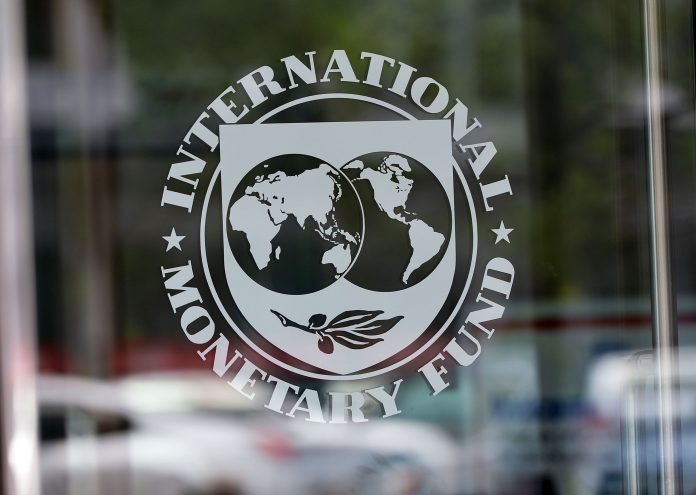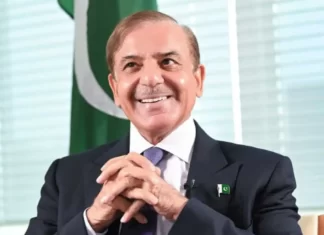NUSA DUA, INDONESIA: The International Monetary Fund (IMF) launched formal bailout talks with Pakistan on Thursday, and IMF managing director Christine Lagarde said she would require “absolute transparency” of Pakistan’s debts, including those owed to China.
She said such disclosures were necessary to determine the debt sustainability of countries seeking IMF loans.
The requirements are likely to shine a spotlight on the extent, composition and terms of Pakistan’s debts to China for infrastructure projects as part of Beijing’s massive Belt and Road Initiative (BRI).
China has pledged some $60 billion in financing to Pakistan for ports, railways and roads, but rising debt levels have caused Islamabad to cut the size of the biggest Belt and Road project by some $2 billion.
“In whatever work we do, we need to have a complete understanding and absolute transparency about the nature, size, and terms of the debt that is bearing on a particular country,” Lagarde told a news conference when asked about Pakistan’s debts to China.
The United States has criticized China’s infrastructure lending, warning that it has saddled some developing countries with debts that they cannot afford to repay. U.S. Secretary of State Mike Pompeo has said there would be “no rationale” for an IMF bailout of Pakistan that pays off Chinese loans.
The United States has become increasingly impatient with what it sees as a lack of support from nuclear-armed Pakistan in quelling a Taliban insurgency that U.S.-led forces are fighting in neighbouring Afghanistan.
Lagarde said that the IMF would need to know the extent and composition of the country’s debt, including sovereign debt and state-owned enterprise debt, “so that we can actually really appreciate and determine the debt sustainability of that country, if and when we consider a program,” she added.
Lagarde said in a statement that Pakistan requested IMF assistance during a meeting with Pakistani Finance Minister Asad Umar and central bank governor Tarik Bajwa on the sidelines of the IMF and World Bank annual meetings in Bali.
“An IMF team will visit Islamabad in the coming weeks to initiate discussions for a possible IMF-supported economic program,” Lagarde said. “We look forward to our continuing partnership.”
The formal request follows an apparent 7 per cent devaluation of the Pakistani rupee by the central bank on Tuesday after Pakistani President Imran Khan announced it would seek financial assistance to ease a mounting balance of payments crisis.
If a package is agreed, it would be Pakistan’s 13th IMF bailout since 1988. The Fund lent Islamabad $6.7 billion in 2013.
DEBT RESTRUCTURING
A Pakistani minister told Reuters in Islamabad on Wednesday that the government was considering options, including the possible restructuring of some foreign loans.
“It’s in very initial stages, the negotiations haven’t started or matured yet, but this is something that we may look towards,” Muhammad Hammad Azhar, State Minister for Revenue, said.
Donors have warned Pakistan that its budget deficit, which hit 6.6 per cent of the Gross Domestic Product (GDP) in the year to end of June, was unsustainable.
“We do have extremely high deficits,” Azhar said.
“Unless we restructure the debt the burden will mount.”
In the past year, Pakistan has borrowed billions of dollars from China to boost its foreign currency reserves, with the money spent defending an overvalued local currency. This is on top of money pledged for Belt and Road projects.
Azhar said Chinese projects should proceed as planned as the government views the infrastructure was vital to stimulating growth.
Most of the Chinese money loaned so far has been through private power projects and not to the government, but Islamabad has given sovereign guarantees for the projects’ annual profits.
Critics have raised concern about othe paque nature of some of the deals, saying they have left Pakistan with liabilities that could saddle it with de facto off-books debt.
























